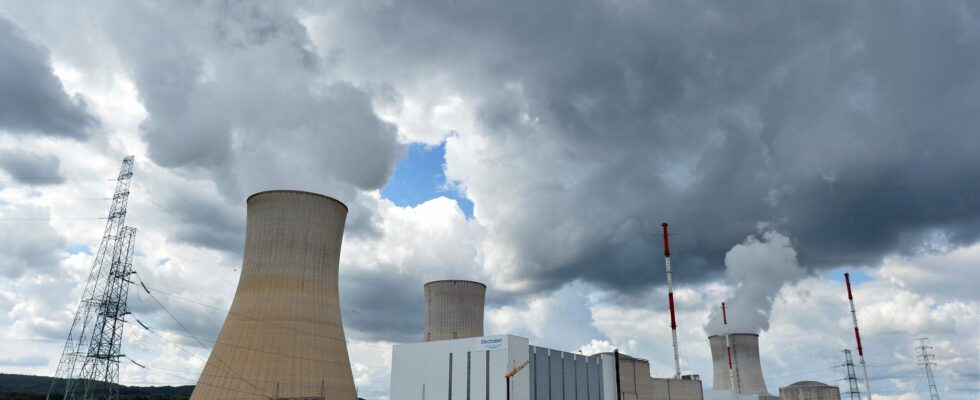It looks like a joke. And yet. To produce enough electricity during periods of strong tension on its network, our Belgian neighbor sometimes counts on … Old Boeing Aircraft engines operating in kerosene! According to the Brussels press, the national manager Elia has already used this solution several times since the beginning of the year.
Environmental defenders cry out in scandal. Except that a precision is essential. “This is a system used as a last resort. When Elia notes an excessive gap between supply and demand, the famous turbojets enter into action. Concretely, gas or modified kerosene lead to a turbine coupled to An electricity generator.
However, precisely, the Belgian network has crossed several zones of turbulence in recent weeks due to exceptional factors. Starting with the “Dunkelflaute”. “This prolonged period without wind and sun in several European countries has resulted in a production of significantly renewable energies below the expected averages,” observes Stéphane Bocqué, spokesperson for the Belgian federation of electric and gas companies (FEBEG ). Elia also had to face a technical incident on a reactor of the Tihange 1. nuclear power plant. This led to a loss of power of 1000 megawatts overnight. Hence the call to Boeing turbines.
“No one is happy to use this system D”
Of course, these plane engines generate additional CO2 emissions. They make a lot of noise. And as it is a rescue device, essential for the operation of the electricity network, Brussels closes their eyes on their environmental impact. But that is not essential. At the country scale, the excess emission is marginal. “In addition, it is likely that in the long term, battery parks, in full development in Belgium and Europe, will respond more to this type of urgent demand,” Pointes Stéphane Bocqué.
“In fact, no one is happy to use this D system, explains Damien Ernst. This news reminds us especially that Belgium, like other European countries, faces several difficulties in terms of energy”. First, due to the rise of renewables. Belgium may have introduced a so -called “capacity remuneration” mechanism based on auctions supposed to guarantee the security of electricity supply, strong differences may appear between supply and demand. A phenomenon linked to the intermittentness of wind and solar energies.
We saw it recently in Germany where prices flew to the wholesale market when the country has experienced an absence of wind and sun for several days. Our large neighbor has massively imported electricity, even if it means causing tensions on prices in supplier countries. “The more renewable energies are progressing, the more complicated the balance of the network.
Do not follow the example of Germany
Belgium is faced with another pitfall. Its electrical network lacks power due to the stop of several nuclear reactors in recent years. “We have already lost two gigawatts of power recently with the closure of Doel 3 and Tihange 2. And by 2026, it is still planned to lose as much,” deplores the economist. The result of this policy? The national electricity production has been at its lowest in six years. Two gas power plants must support the network, but the site is late. These facilities will probably not be available this year as initially planned.
At the ultimate risk of a blackout? It is unlikely. The country has the possibility of making controlled and momentary cuts from the electricity network, at the local level. In other words, “load shedding”. This device avoids the worst: a widespread power failure on an important part of the territory. On the other hand, network difficulties help maintain high electricity prices. “They are slightly above those of France. Without the regulated prices,” notes Damien Ernst. In other words, the population is less protected in the event of price runners.
The economist hopes that in the ongoing negotiations to form the future Belgian government, a nuclear agreement be found, making it possible to “save” a reactor. “The population has been a little asleep by the myth of renewable energies. And the Greens are largely responsible for it. But now, Belgium has become pro nuclear,” he said. It has not been able to preserve as many production capacities as France, but it can still avoid the path taken by Germany, whose exit from the atom continues to plumb the economy.
.
